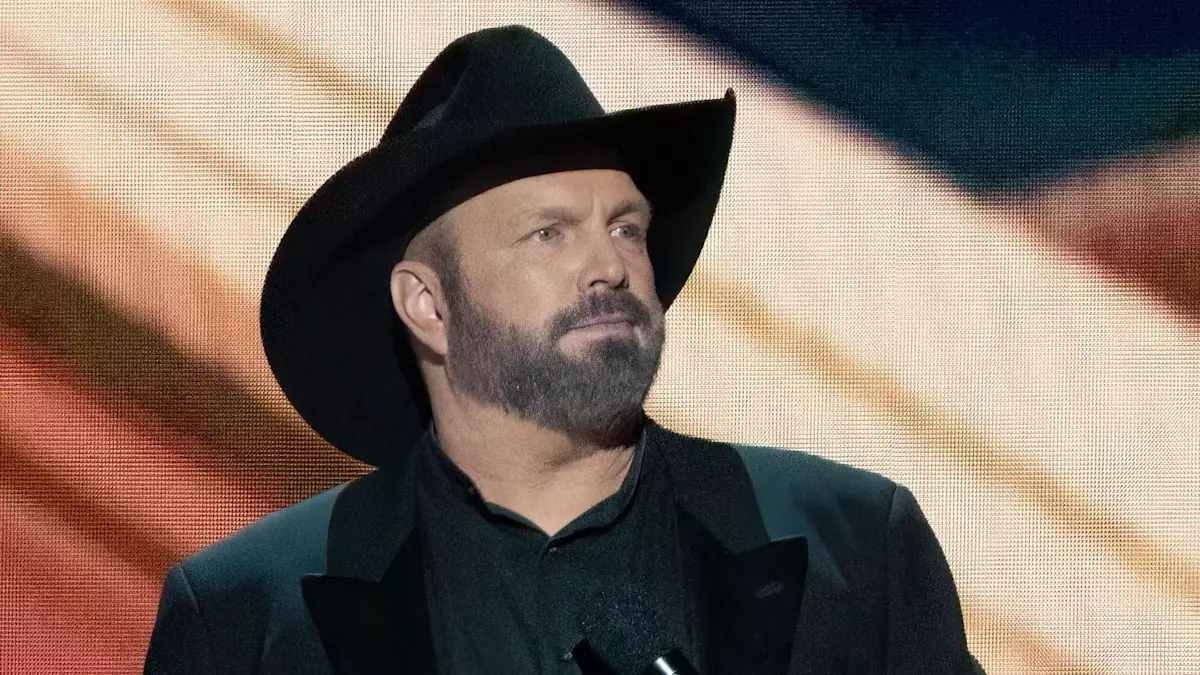The world of entertainment often comes with both fame and scrutiny, and American country music legend Garth Brooks finds himself embroiled in a grave controversy. Recently, he has faced serious allegations from an unnamed woman, referred to in legal documents as Jane Roe, accusing him of rape and sexual misconduct. These claims have reverberated throughout the industry and raised questions about the behavior of those in positions of power.
According to the lawsuit filed, Jane Roe asserts that she was employed as Garth Brooks’ hairstylist starting in 2017. The accusations include grotesque claims from instances in 2019 where she alleges Brooks engaged in inappropriate sexual behavior, such as exposing himself in her presence and discussing sexual fantasies. More disturbingly, she claims that Brooks raped her while they were on a trip to Los Angeles for the Grammys, utterly shattering her personal sense of safety and security.
The allegations paint a harrowing picture of abuse of power, suggesting that Brooks exhibited predatory behavior by leveraging his fame and influence to exploit a vulnerable employee. It suggests not just an act of alleged individual misconduct but also raises difficult questions about workplace ethics and the ways in which power dynamics can lead to exploitation.
In light of the allegations, Garth Brooks issued a strong public denial. He characterized the situation as a “nightmare,” emphasizing his belief that he has been targeted by an extortionist. In his statement, Brooks expressed both sorrow and outrage, asserting that the claims against him are completely unfounded and do not reflect the person he believes himself to be. He described the experience as being akin to having “a loaded gun waved in [his] face,” indicating how deeply these allegations have unsettled him.
Brooks is taking proactive legal measures by filing a lawsuit in Mississippi, attempting to seek a halt to what he calls “false allegations” that he claims would significantly damage his personal and professional life. This preemptive legal action is not unusual in cases of public figures facing accusations, as they often aim to protect their reputation while challenging what they perceive to be unfounded claims.
The claims made by Jane Roe have shed light on a significant issue—how victims of sexual assault often struggle to make their voices heard. The legal team representing her has noted the importance of this case, asserting that it demonstrates that sexual predators can exist in all sectors, dismissing the myth that they are confined to certain industries. Their advocacy for other victims to speak out emphasizes the need for a supportive environment that encourages truth-telling and accountability.
Furthermore, movements advocating for survivors have been prominent in social discourse over the past few years, signaling a cultural shift toward supporting victims and demanding justice. The ongoing attention to this case serves to underscore the importance of continuing to challenge silence around sexual misconduct in all areas, including the often glamorized realm of country music.
Garth Brooks has long been an icon in the world of country music, celebrated for his artistry and contributions to the genre. But these allegations cannot be viewed as isolated incidents; they have broader implications for the music industry. Brooks has received numerous accolades throughout his career, but his public image now faces potential challenges, depending on the outcomes of the legal proceedings.
This case serves as a reminder of the necessity for the music industry to be vigilant in creating safe environments for all personnel, especially in the context of power dynamics that can easily lead to exploitation. The potential fallout could lead to more significant industry-wide reforms and discussions about conduct among artists and their teams.
As the legal battle unfolds, the focus will likely remain on Garth Brooks and his response to the allegations. The coming months will be critical, not just for Brooks personally but for the country music community and its ongoing efforts to address and combat sexual misconduct. The outcome of this case could reverberate beyond Brooks, influencing how the industry conducts itself going forward.
Victims of such alleged actions deserve to have their stories heard, and justice must be sought in a manner that encourages accountability. In navigating the complex web of public figures, power, and allegations, both the entertainment world and society at large are likely faced with new challenges in their continued quest for integrity and respect for all individuals.

